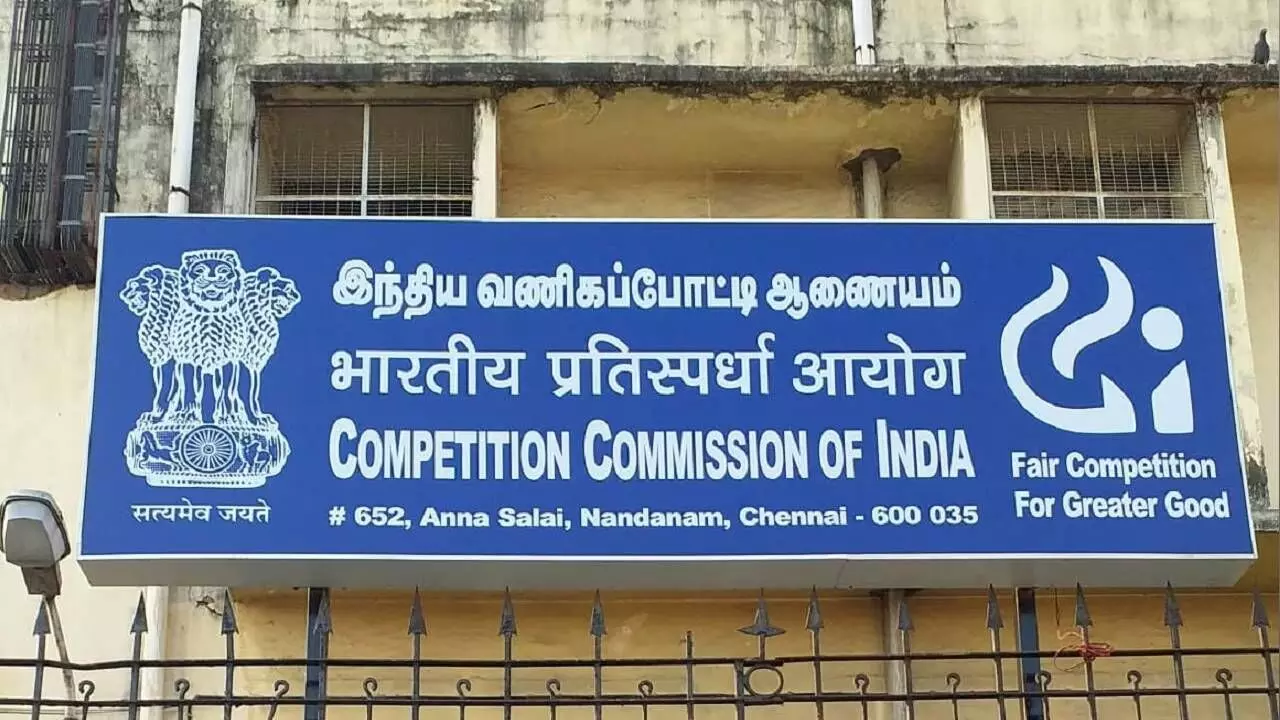CCI dismisses complaint against Honda Motorcycle
The Competition Commission of India (CCI) has dismissed a complaint alleging that Honda Motorcycle & Scooter India abused its dominant position in its dealings with a Kerala-based individual
image for illustrative purpose

New Delhi: The Competition Commission of India (CCI) has dismissed a complaint alleging that Honda Motorcycle & Scooter India abused its dominant position in its dealings with a Kerala-based individual.
Honda Motorcycle & Scooter India Pvt Ltd (HMSI) is a subsidiary of Japan’s Honda Motor Co. Rejecting the complaint, the competition watchdog stated that the allegations of coercion and unfair practices were related to contractual disputes and commercial matters, which are beyond the scope of the Competition Act.
“The Commission directs that the matter be closed forthwith under Section 26(2) of the Act,” CCI said in an order. Section 26(2) of the Competition Act pertains to the case closure of a matter if a prima facie case is not made out. The complaint was filed by the Kerala-based individual, who claimed the company engaged in anti-competitive practices under the Competition norms.
The individual (a former dealer of Suzuki Motorcycle India), alleged that HMSI coerced him into terminating his Suzuki dealership to secure an HMSI dealership in 2017. He further accused HMSI of forcing him to stock unpopular two-wheeler models, denying him business flexibility, and abruptly terminating the dealership agreement in January 2024 without justification.
In its order, the competition watchdog noted that the individual’s claims of coercion and unfair practices pertained to contractual disputes and commercial transactions, which do not fall under the purview of the Competition Act. CCI also pointed out that the allegations were insufficient to establish abuse of dominance under Section 4 of the Act. With regard to the individual’s allegations of dumping of unpopular/offbeat models and unilateral termination of the agreement with the individual, the Commission observes that “these kinds of allegations seem to be related to transactions which are commercial in nature, which ordinarily do not invite attention under the provisions of the Act”.

